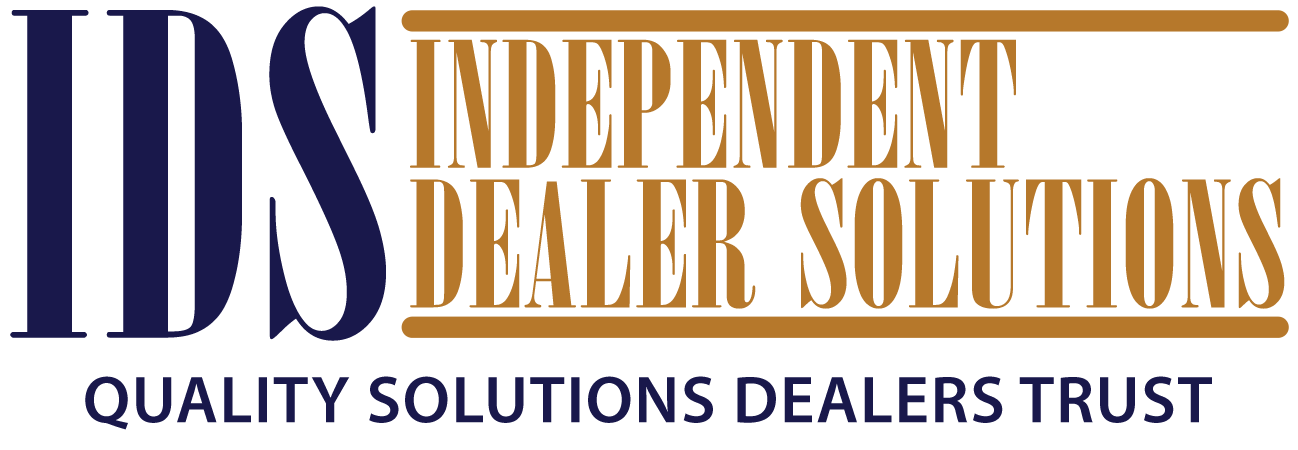In today’s market, the deterioration of consumer credit, and auto loan performance, in particular, is a worrying sign for industry watchers. In the context of high inflation and with the Fed intent on slowing the economy and weakening the labor market, there are indeed clear signs of stress in the system. Continued jobless claims are increasing, up from their historic lows. Auto loan delinquencies are also continuing to rise, and auto loan defaults are growing as well. As a result, repossessions are also increasing, but they too are rising from record lows. Through any economic cycle, increases in defaults and repossessions are a normal, expected occurrence.
At our Manheim auctions, the volume of repossessed vehicles sold has increased in 2022 compared to 2021 – up 3% year to date – but the total volume of repossessed vehicles sold will finish the year below 2020 and down more than 25% compared to 2019. Overall, repossession volume at Manheim, while increasing, is not yet near red-alert levels. If fact, repossessions are only tracking back toward historical norms.
It is important to remember that auto loans normally have negative equity. These are financing products on depreciating assets. And yes, despite a period in 2020 and 2021 when used vehicles were INCREASING in value, automobiles are depreciated assets. Over time, they always have been and always will be depreciating assets. Negative equity in an auto loan is not some exotic thing – it is a very normal and planned-for occurrence.
Throughout the pandemic and still now, consumers have been putting more money down in absolute dollars and as a share of loan amounts. This is helping prevent the stronger relative equity positions from deteriorating. In fact, our recent analysis of likely equity positions on outstanding auto loans suggests that they are in better shape than normal right now. And this means that consumers often have more options if a loan falls into default, and lenders are more likely to work out an agreeable deal, reducing the likelihood that a repossession is the end result.
